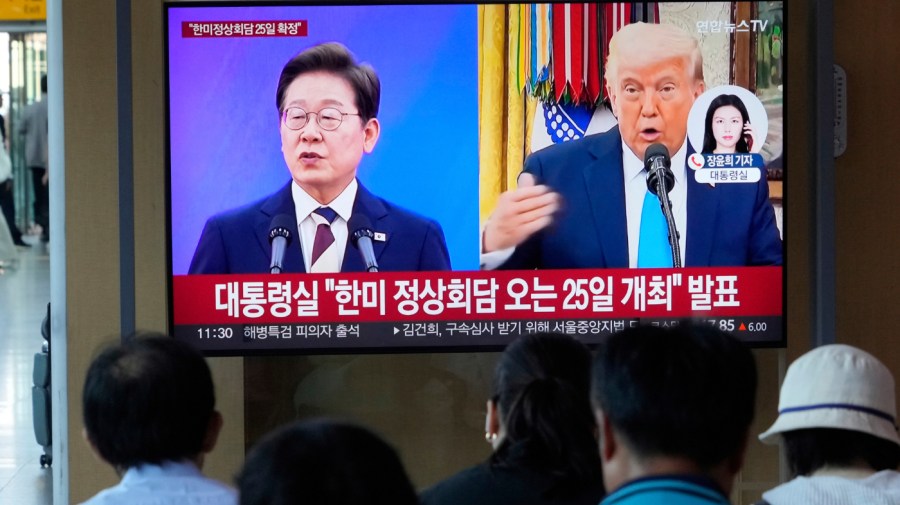A recent study highlights a concerning trend in the United States: a significant portion of the population is disengaged from international news. This detachment poses risks not only to individual understanding but also to the nation’s ability to navigate complex global challenges.
According to research by the Pew Research Center, only 36% of Americans regularly follow international news. This statistic underscores a worrying lack of awareness regarding events that shape global politics, economics, and public health. As the world becomes more interconnected, the implications of this disengagement could be profound.
Consequences of Ignorance
The absence of international news coverage can lead to misguided perceptions and decisions. For instance, the ongoing conflicts in regions such as the Middle East or the economic fluctuations in Europe can directly impact American interests. Without a grasp of these issues, citizens may find themselves ill-equipped to engage in informed discussions or advocate for appropriate governmental responses.
Moreover, the COVID-19 pandemic has illustrated the importance of global cooperation. The World Health Organization (WHO) has repeatedly emphasized that health crises transcend borders. Ignoring international developments limits understanding of how such events can affect local health systems and economies in the U.S.
The United Nations and other international bodies also stress that global problems require collaborative solutions. Climate change, migration, and economic disparities are just a few areas where awareness of international news is crucial for effective policy-making.
Bridging the Information Gap
To address this issue, strategies must be implemented to enhance international news consumption. Educational institutions could incorporate global studies into their curriculums, fostering a generation that is not only aware of but engaged with international issues.
Media organizations also play a vital role. By prioritizing international coverage and presenting it in a relatable context, they can attract viewers who might otherwise overlook global events. Interactive formats, such as podcasts and social media engagement, could help make international news more accessible and appealing to younger audiences.
Efforts to stimulate interest in international affairs are essential. Initiatives from organizations like the European Union and various non-profits aim to create platforms that encourage discourse on global issues. These efforts could help cultivate a more informed citizenry capable of understanding and responding to the complexities of our world.
In conclusion, the implications of an uninformed public regarding international news are far-reaching. By taking steps to increase awareness, both individuals and institutions can contribute to a more informed society. Engaging with global events not only enriches personal knowledge but also strengthens the nation’s ability to navigate an increasingly complex international landscape.





































































